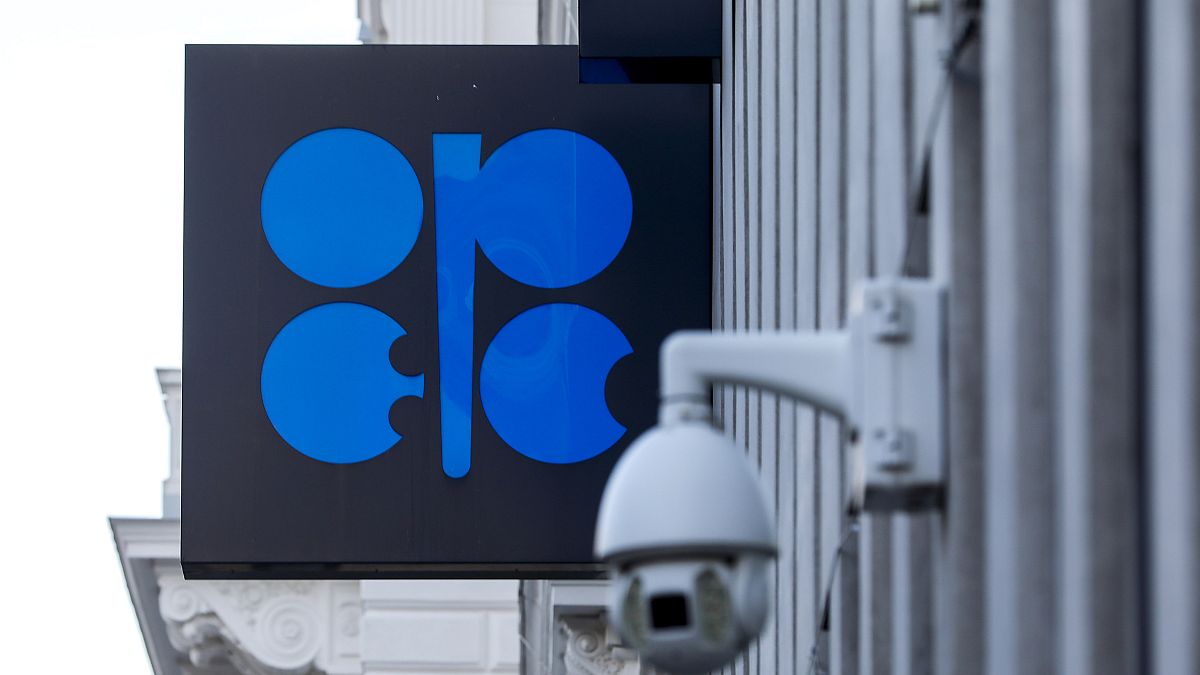
According to the Ministry of Finance, the decline in revenue is primarily due to lower-than-expected oil prices and a decrease in oil production levels. Oman, heavily reliant on oil exports, has seen fluctuations in its income due to the global volatility in oil markets. Despite efforts to diversify the economy, oil remains a crucial component of national revenue.
Inflation in Oman has remained stable, largely due to government measures aimed at controlling price increases. The Consumer Price Index (CPI) has shown moderate fluctuations, with essential goods and services experiencing only minor price adjustments. The Central Bank of Oman has implemented monetary policies to ensure inflation remains within manageable limits, supporting the overall stability of the economy.
Economic experts suggest that the revenue decline is a part of a broader trend affecting many oil-dependent economies. The global shift towards renewable energy sources and fluctuating oil demand have influenced revenue streams for countries like Oman. The government's ongoing fiscal reforms, including efforts to boost non-oil sectors such as tourism and manufacturing, are seen as crucial steps in mitigating these challenges.
The decline in public revenue has prompted the Omani government to reassess its budgetary allocations. Priority has been given to maintaining essential services and investing in infrastructure projects that support long-term economic growth. There is a continued emphasis on diversifying the economy to reduce reliance on oil revenues, with strategic plans aimed at fostering innovation and attracting foreign investment.
Analysts predict that the government’s focus on economic diversification will play a significant role in stabilizing future revenue streams. Investments in sectors such as technology and renewable energy are expected to generate new sources of income and reduce the economic impact of oil market fluctuations.
Furthermore, the Omani government is expected to enhance its revenue collection strategies and streamline public sector expenditures. These measures aim to improve fiscal discipline and ensure that financial resources are allocated efficiently, supporting economic stability and growth.
While the decline in public revenue reflects ongoing global economic challenges, the stable inflation rate indicates that the immediate economic environment remains under control. The Omani government’s efforts to diversify the economy and manage fiscal policies will be critical in navigating the complexities of the current economic landscape.
Topics
Oman
